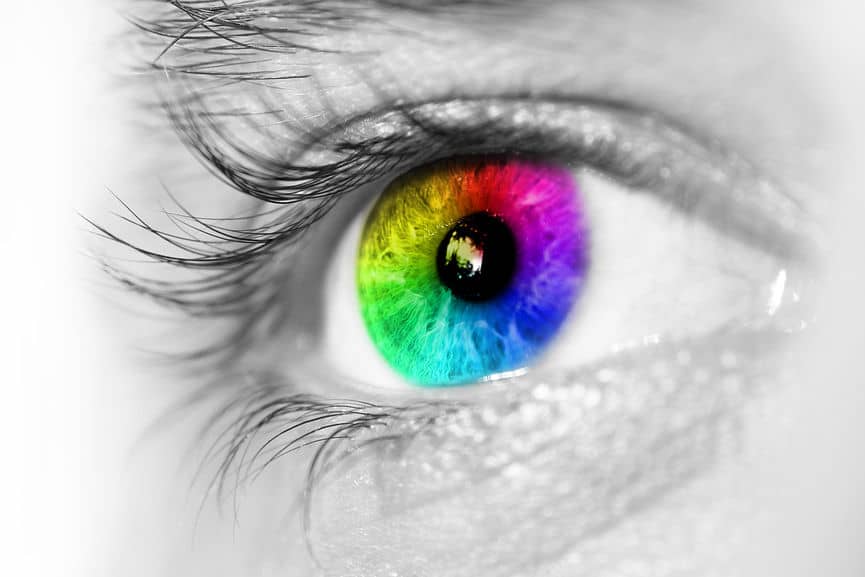

When you go to the doctor for your regular checkup, chances are he or she will shine a penlight into your eyes, ask you to follow their finger as it moves in space – and they may even look deep into your eye with an ophthalmoscope. The reason your physician spends so much time with your eyes is because of the important health information that can be gleaned these simple tests.
In fact, your eyes may reveal a health condition in another organ or system that was otherwise undetected. Here are a few of the many conditions that can reveal themselves during an eye exam:
- Brain tumors, hemorrhage and increased intracranial pressure
- Neurological disorders like Multiple Sclerosis
- Aneurysm
- Mental illness
- Diabetes
- High blood pressure
- Blood sugar imbalances
- Melanoma
New science, however, indicates that eye color alone may be a reliable predictor of risk for conditions that have not yet occurred.
One study found that women with blue or green eyes seem to tolerate pain during childbirth better than dark-eyed women. They also seem less likely to suffer post-partum anxiety or depression. Another study found that people with brown eyes were more likely to develop the skin disease vitiligo. What makes this finding intriguing is that scientists believe that those with higher risk of vitiligo have a lower risk of melanoma, the most deadly of skin cancers.
The implications of these studies are intriguing.
Could eye color be a predictor of other attributes besides disease risk – intelligence, athletic ability, mental health? Who knows? The only conclusive remark that can be made from these findings is that they are inconclusive and much more study is necessary.
Of further interest is the idea that since science seems to be interested in the implications of eye color on health concerns, could Iridology (a health modality based on the study of the iris) merit study as well. The iris is the colored-portion of the eye and it has some 28,000 nerve fibers that deliver information to the brain. This might lead one to think that maybe the labels of “pseudoscience” and “quackery” that the medical community applied were ill-considered.
The bigger message to take away from this knowledge…
…is how important it is to take care of this incredibly sensitive, fragile organ. The eye is affected by many conditions and healthy eyesight is dependent on a healthy, balanced lifestyle. As always this is best achieved through exercise, healthy diet and supplements that deliver the nutrients that support healthy eyes.





Iridology is based on what is read in the iris as it believes the eye tells past present and future allowing the client to change inherited weaknesses before illness becomes a problem. Good article to tickle public interest.